Good Grief
Team
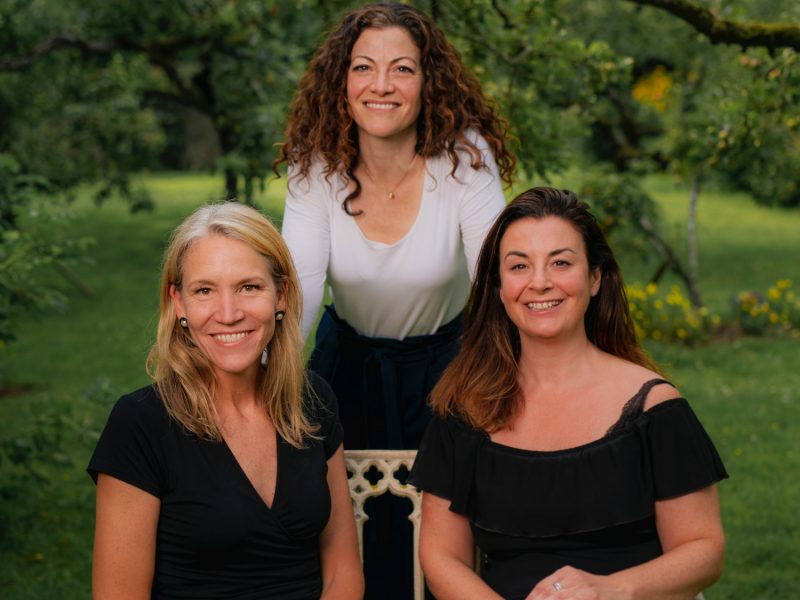

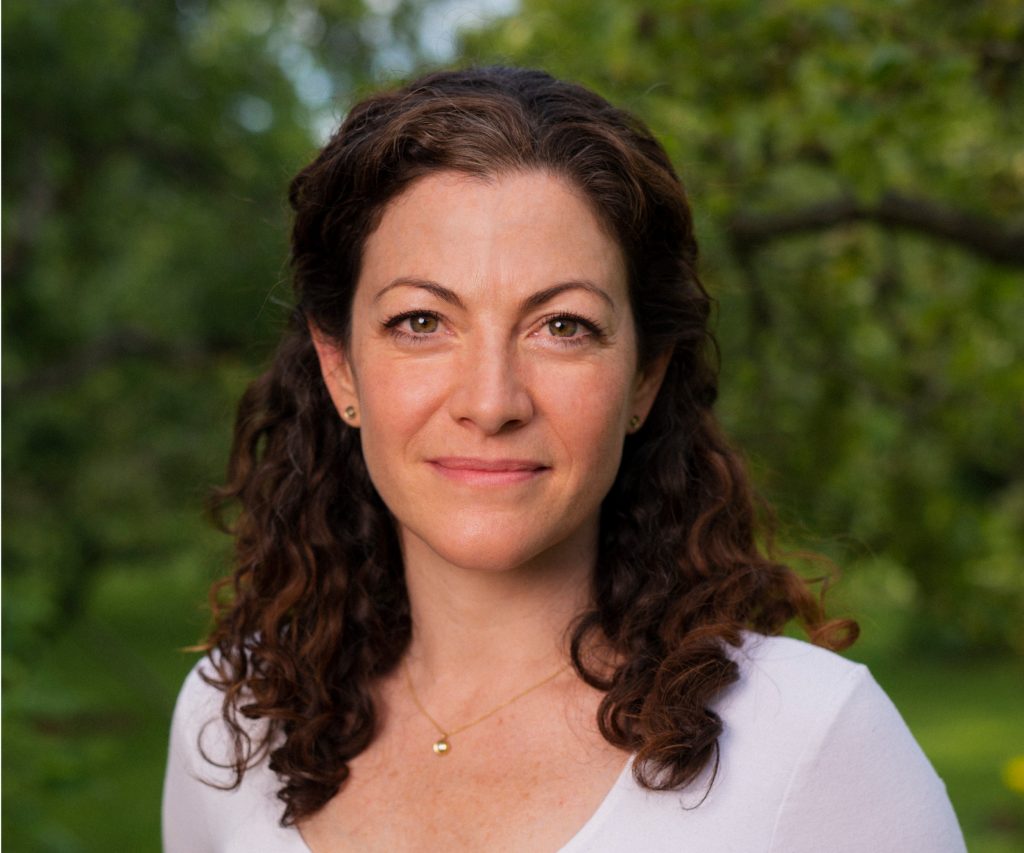
Lucy is the founding director of Good Grief Festival.
The vision for the festival arose out of her professional interests and personal experience: her father died of cancer when she was 15, and she went on to become a researcher specialising in palliative and end of life care. Her second daughter was stillborn in 2018. Good Grief was inspired by this loss, and her belief that through sharing experiences and knowledge we can find solace and support.
Lucy is an Associate Professor in the School of Population Health Sciences, University of Bristol. Her research and publications over the past 16 years have mainly focused on psychosocial and spiritual aspects of the illness experience; decision-making and communication; family care-giving and bereavement; and widening access to services.
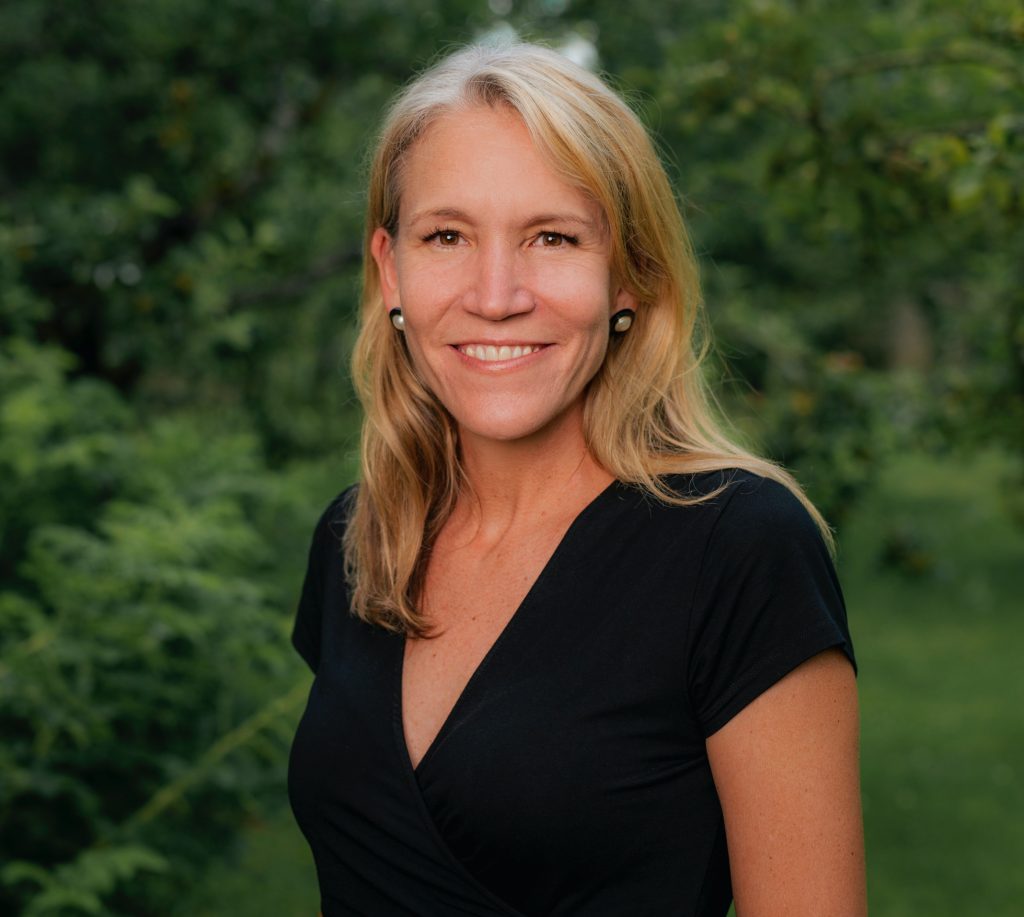
Lesel is fascinated by the ways stories and creative projects provide opportunities to express, process and understand grief. She has been honoured to work with wonderful artists, therapists and researchers on projects that aim to build a more open and compassionate society. Her work includes co-producing two short films on children, grief and creativity; partnering with charities on an article on mandatory grief education; collaborating on an illustrated booklet on grief and baby loss; writing the screenplay for a fiction film about disenfranchised grief; and working with theatre company Crowded Room on an audio story. She loves being part of the Good Grief community and the conversations at the Festival and beyond.
An Associate Professor in the English Department at the University of Bristol, her academic research explores grief, literature and the history of the emotions. She is currently writing a book on grief and creativity.
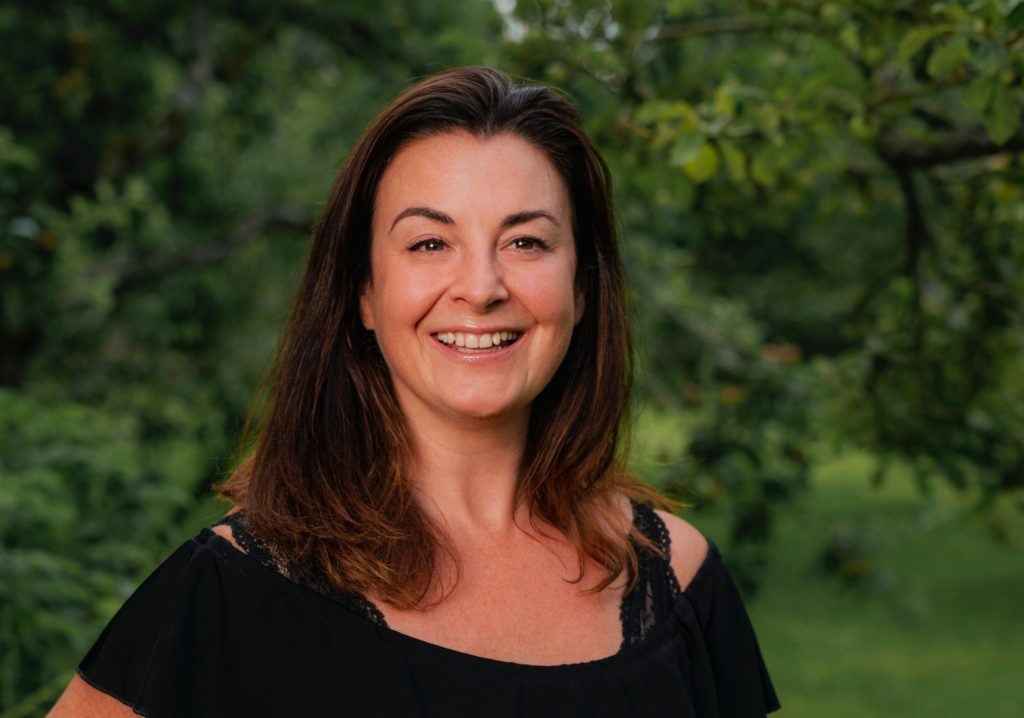
Aisling and her team have been producing Good Grief events since the first festival in 2020 when Good Grief became one of the UK’s first virtual festivals in the wake of the Covid-19 pandemic. Since those early days, Aisling has been instrumental in growing Good Grief’s online audience into the thriving community that it is today.
“Being part of Good Grief has been an incredible journey for me personally. When I first met Lucy and Lesel back in 2019 I had been avoiding my own grief for decades, afraid that it would swallow me up if I let it in. As we were programming events and running festivals, I was processing that grief so it was certainly a rollercoaster at times! Good Grief has been such a huge gift in my life and I hope that it is for our community too. As a team, we feel a deep sense of care for the people who attend our events.”
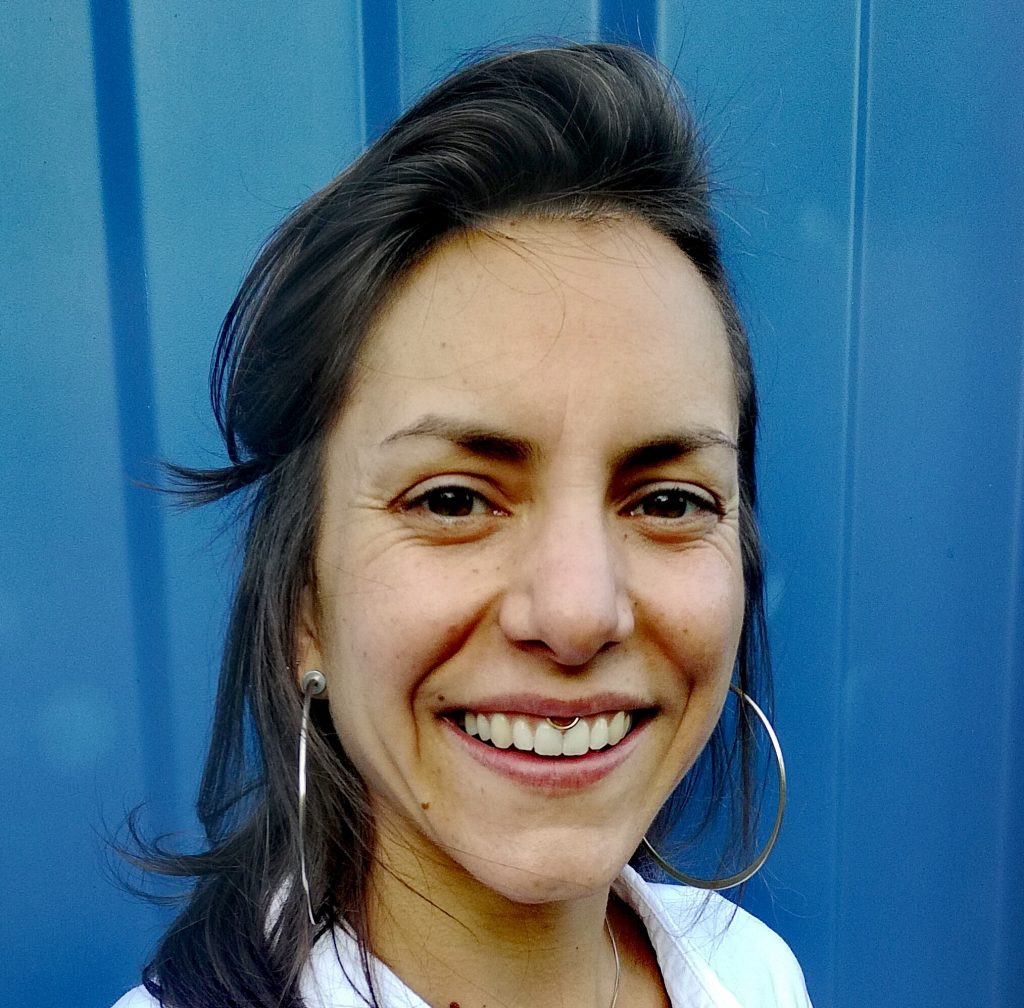
Katrin is a core member of the Good Grief production team. Today she has the pleasure of overseeing the logistics of Good Grief Festival’s virtual talks, workshops and courses, and is honoured to work alongside such a passionate, creative and supportive community.
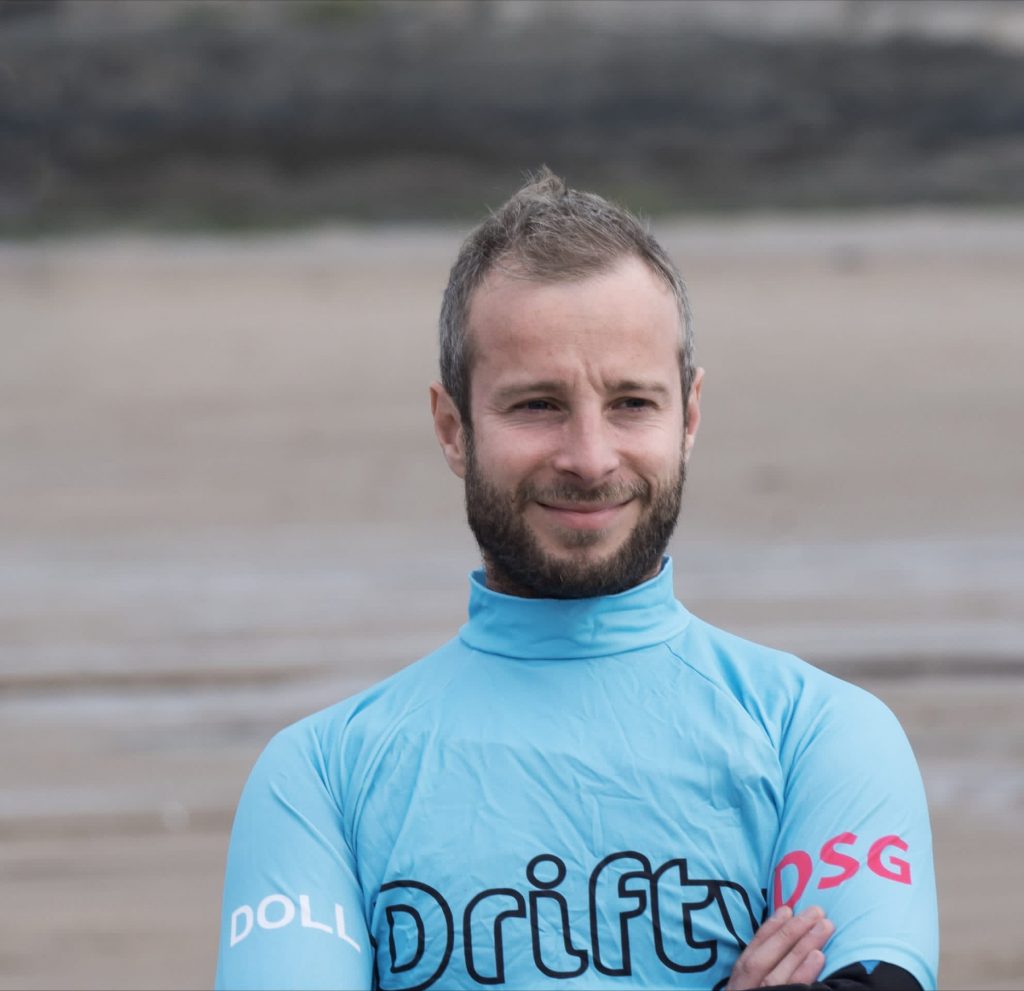
Olly joined the team last year and is one of the researchers working on Good Grief. His passion to help people dealing with loss and grief comes from his personal experience. Growing up, Olly’s Dad had MND which meant there were lots of losses in the family. His Dad died in 2004 and Olly went on to become a researcher in this area.
“It can be such a lonely time when someone we love is ill and then dies. As a teenager, I found it really hard to open up and talk about how I was feeling. Instead, I would ask lots of questions to family and friends and see what their experiences were. I’d connect the dots between their stories and my own to try and make sense of what was going on in my mind. Good Grief is the modern day version of that. It’s a place where people can come together, hear other’s stories, share experiences, and find some support in the Good Grief Community”
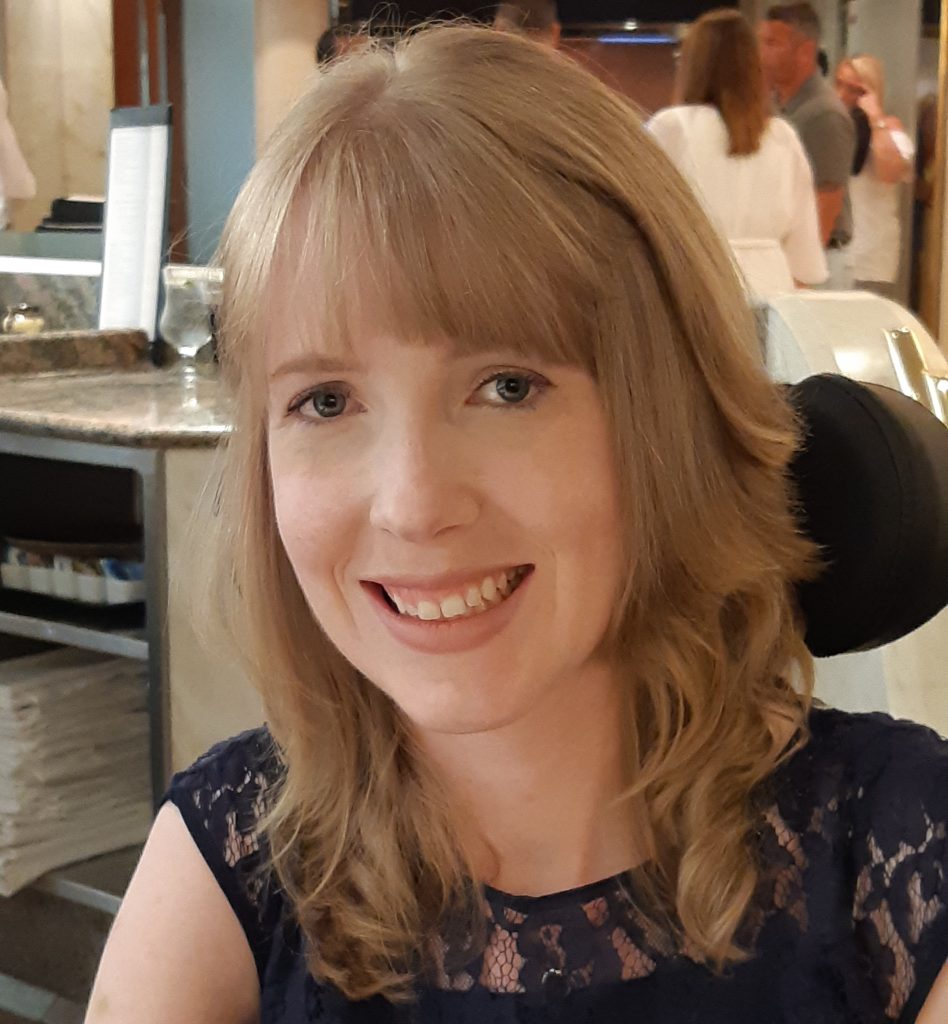
Rachel is a researcher who has collaborated on a number of creative and academic grief-related projects, including an article on mandatory grief education; two zines to accompany innovative aerial comedy The Guy in the Luggage Rack; short films on children, grief and creativity; and an illustrated booklet on grief and baby loss. She is a certified Diversity Ambassador who is passionate about increasing accessibility. She has a special interest in forms of loss and grief that are often overlooked or stigmatised, including the complex emotions involved in living with long-term illness.
Her PhD research explores fainting and gender in early modern drama and is funded by the South, West and Wales Doctoral Training Partnership.